HIGH-QUALITY CEMENT FOR A VARIETY OF USES
We sell a choice of cement in bulk including all types of cement such as white and grey cement along with a range of different brands.
None of our materials are classified as hazardous substances.
Should you require more details regarding the origin and quality of the products, kindly send us an email on operations@centralcementltd.com
WHITE
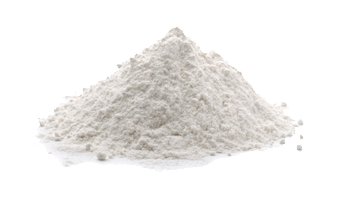
White cement is used for decorative works and for prestige construction projects in both exterior and interior applications. It is used to produce brightly coloured concrete and mortars.
BLACK
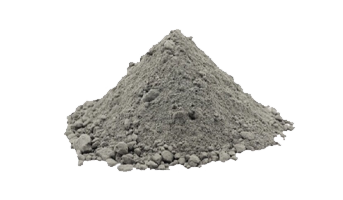
Our range of black cement is ideal for a wide range of qualitative applications for materials such as screed, grout and other jobs. Black cement is mainly used in the concrete industry for added durability.
SULPHATE
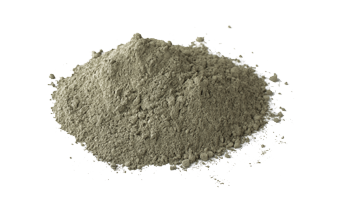
Our Sulphate-Resisting Cement is mainly suitable for marine environments and low Alkali concrete products. It is also suitable for use to damp-proof a wide range of areas such as roofs and ceilings.
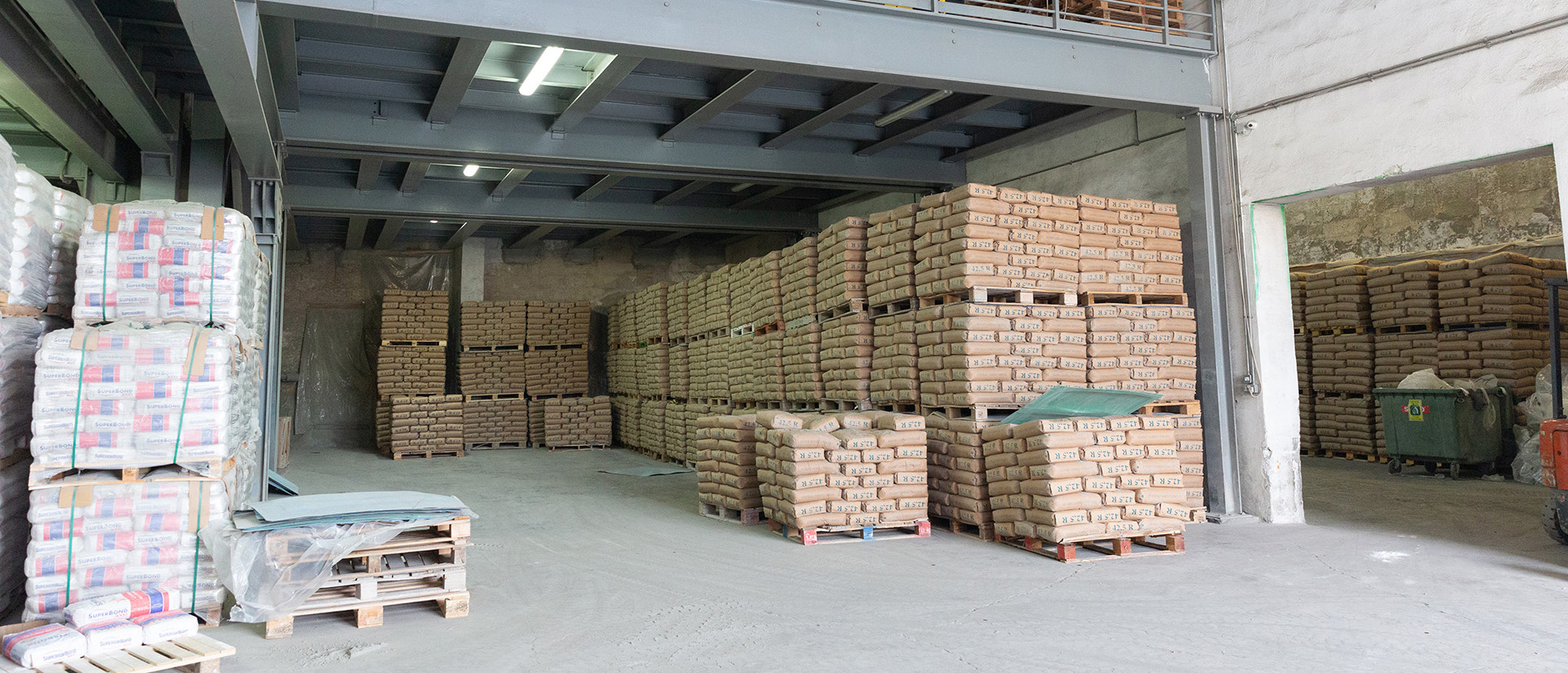
SIZES
Packed Cement
At our store, you can buy a choice of 25kg, 50kg and 1500kg bags of cement. These are ideal for small- scale projects, as well as large projects.
In Bulk
Ideal if you are looking to embark on a large-scale construction project such as commercial or high-rise buildings.
WHAT IS PORTLAND CEMENT?
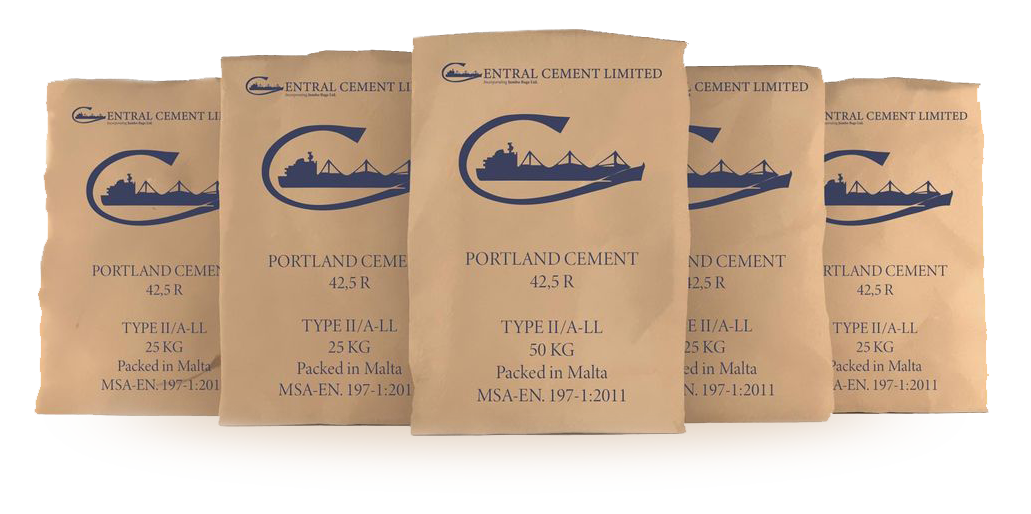
Portland cement constitutes a finely ground powder, formed mainly by calcium silicates and, to a lesser extent, by calcium illuminates.
When mixed with water, it forms a paste that sets and hardens at room temperature.
It is also known as “hydraulic cement”, because it is capable of setting and hardening when mixed with water, because the chemical reaction between the
two creates a material with excellent binding properties.
It is also known as “grey cement”.
Portland Cement can be used for all kinds of constructions as it is compatible with practically all conventional construction materials. It’s a very versatile and high-quality product.
It is used to make concrete blocks, pavers, bricks, and to build reinforced concrete projects or structures that require a rapid removal of form work.
“Being so strong and durable has made Portland cement a favourite.”
These are some of its most common uses:
- Stairs, fountains, benches, wastebins, planters and public stairs.
- Columns, telephone poles or streetlights.
- Roads, paths, sport courts.
- Large-scale civil works (piers, tunnels, buildings, bridges, dams.).
- Floors.
- Cement mortar for masonry work.
- Cement grout to fill cracks in concrete works.
It was developed from other types of hydraulic lime in England in the early 19th century by Joseph Aspdin, and is usually made from limestone. It is a fine powder, produced by heating limestone and clay minerals in a kiln to form clinker, grinding the clinker, and adding 2 to 3 percent of gypsum. Several types of Portland cement are available. The most common, called ordinary Portland cement (OPC), is grey, but white Portland cement is also available. Its name is derived from its resemblance to Portland stone which was quarried on the Isle of Portland in Dorset, England. It was named by Joseph Aspdin who obtained a patent for it in 1824. However, his son William Aspdin is regarded as the inventor of “modern” Portland cement due to his developments in the 1840s.

